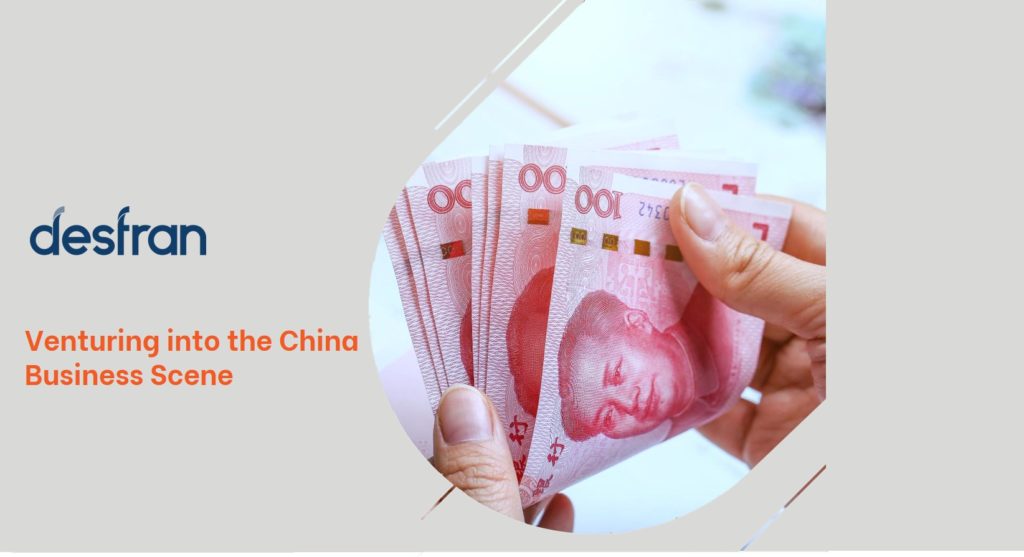There has been an ongoing debate on the overarching theme of the world’s top economy for some time, leading to an economic and soft power struggle between the United States and China. Given the pandemic situation and corresponding economic fallout, the odds seem to be tipping towards China’s favour. Based on analysts, China is the only major economy which managed to avoid recession and is estimated that China would see a growth of 2%. With China’s economy continuing to gather steam, it is of no surprise that more businesses are expanding to China.
On top of a resilient economy, China has different regions niched in various industries and special economic zones that offer lucrative benefits to foreign companies and investors. For instance, The Greater Bay Area, which constitutes the Guangdong and Shenzhen in Southern China is the “Silicon Valley” of China, specialising in high-tech manufacturing, technology, and modern logistics. Other regions and their focused industries are in the infographic below.

In addition to different municipality being in different hubs for specific industries, they also have other business regulations and labour laws in differing cities. The particular rules in different cities often confuse businesses and make it hard for foreign entrepreneurs to establish a foothold in China.
The tiering classification in China is another consideration for new business entrants into the Chinese market, although it is not officially recognised or listed by the government. The categorisation is a point of reference resulting from various media publications on commerce, tourism, education, etc. In recent years, more foreign enterprises have focused predominantly on China’s Tier 1 cities (E.g., Shanghai, Beijing, Chongqing, and Guangzhou). These areas are highly populated with a large, middle-class representation and income levels well above the national average. Tier 1 cities are China’s most mature markets in terms of consumer behaviour and are typically the most suitable testing ground for foreign companies with limited experience in China. However, having said so, while being based in a Tier 1 city may offer the lowest risk point of market entry, it will also mean that the company faces higher operational costs and more competition.
In comparison, Tier 2 municipality in China recently has gained much economic growth and rising incomes. This scenario paints a good picture for foreign suppliers as it provides an easier entry to these markets than it was in the past. Tier 2 cities have the advantage of lower set-up and operating costs. Putting the cherry on top, the increase in consumer spending power in these areas creates a rapid growth in demand for foreign manufactured goods and products. In particular, cities such as Dalian, Fuzhou, Xiamen, Wenzhou and Zhuhai offer substantial commercial opportunities for foreign companies of different sectors. Over time, Tier 2 and their strategies would enable foreign companies to gain first-mover advantage in these cities and lead to tremendous long-term market success.
Therefore, choosing the city of operation is critical and requires companies to consider various factors. With almost endless potential pitfalls during the business expansion, it is wise to consult an expert in company incorporation. Having the latest localised information and updates on China’s business landscape is also essential in strategising business expansion.
Desfran – Your One-Stop Global Business Partner
With over 15 years of experience, Desfran has the expertise to provide the latest information which companies can leverage to make smart and calculated decisions. Having offices worldwide, including Shanghai, Desfran has the latest insights into China’s business realm. If you are interested to know more about the business landscape in China, or if you would like to have a detailed market report on the cities, contact us today.
